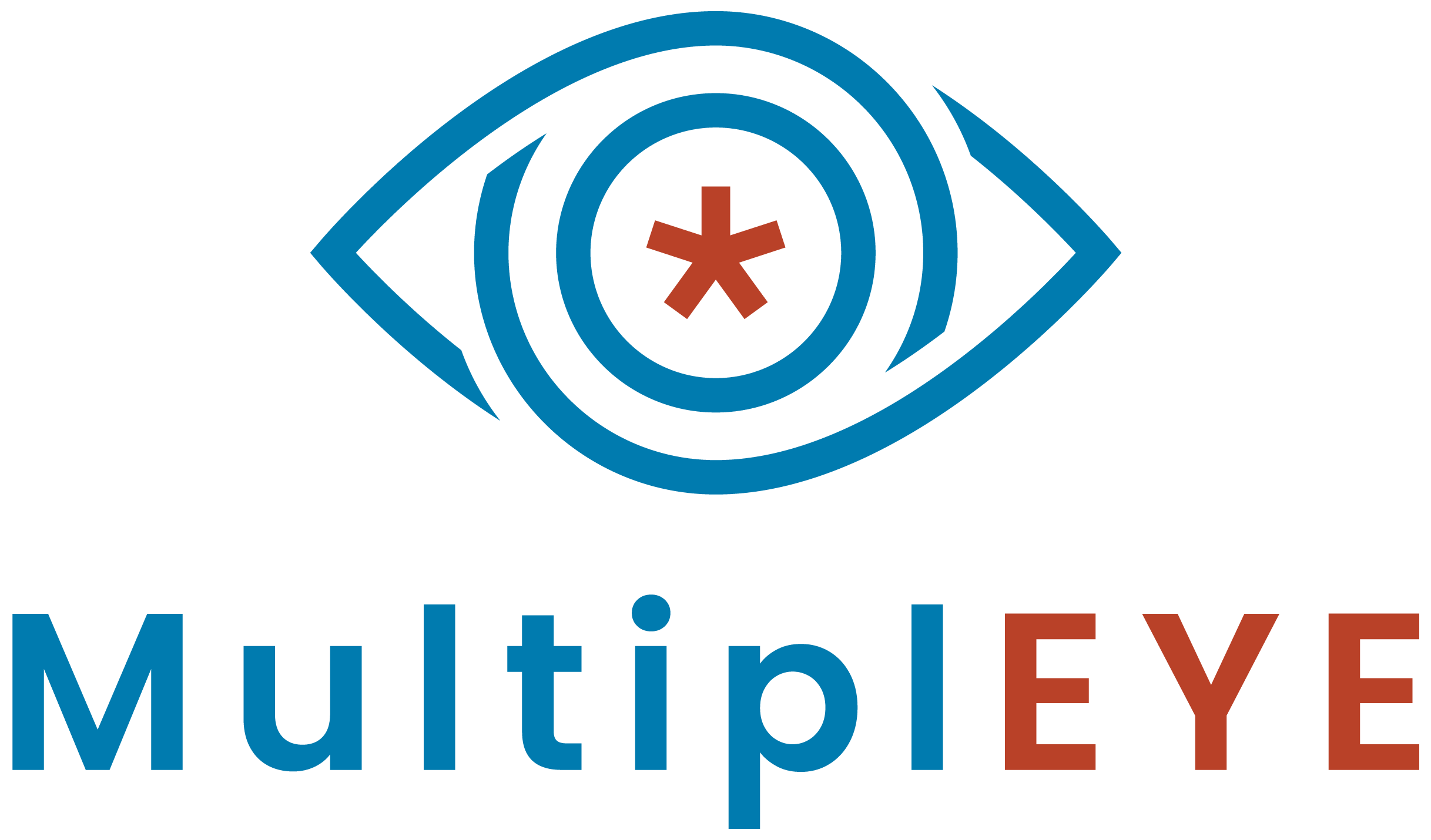
MultiplEYE aims to augment the potential of the MultiplEYE COST Action with additional research funding inside the network.
-
Funded Projects 2023
MultiplEYEStore
Prof. Lena Jäger won an Open Science grant by swissuniversities. MultiplEYEStore aims to support MultiplEYE by making all the collected data accessible via un interface with a data repository hosted by PsychArchives. The project will also enhance the collaboration with Leibniz Institute for Psychology (ZPID) in Trier.AI4Debunk: Participative Assistive AI-powered Tools for Supporting Trustworthy Online Activity of Citizens and Debunking Disinformation
Jamal Nasir (WG4 leader), along with his consortium, has successfully secured a Horizon Europe project with a budget of €4.9 million. AI4Debunk will explore and develop AI and NLP methods for debunking Disinformation. One of the Work Packages will also investigate whether eye-tracking data can reveal differences in human perception when it comes to viewing true and False News. The project is coordinated by Prof. Inna Šteinbuka (University of Latvia), with 14 partner organisations from 8 countries (Ireland, Italy, Belgium, Netherlands, Spain, Greece, Latvia, and Ukraine).
-
Funded Projects (December 2022)
- The language leak: the statistics of language as a novel window into the multilingual mind. Awarded to Stefan Frank by the Dutch Research Council. 2023-2027.
- Language emergence and development in the absence of a conventionalized linguistic model. Awarded to Funda Yildirim by BIDEB, Jan 2019-Dec 2022.
- External research grant from the Foundation for Research in Science and the Humanities at the University of Zurich to partially fund the data collection.
Title: “Creating a Multilingual Eye-Tracking Corpus for Human and Machine-Based Language Processing” - Internal funding from Department of Computational Linguistics, University of Zurich for setting up data management system and data repository.
- External research grant by the Swiss National Science Foundation and the Croatian Science Foundation collection.
Title: “Measurement Reliability of Individual Differences in Sentence Processing” - External industry funding from EyeLOGIC GmbH (Berlin) who is willing to lend one eye-tracker to the Action’s researchers.
Negotiations in progress - External grant for data management & storage by Swiss Universities.
Grant application under review.
